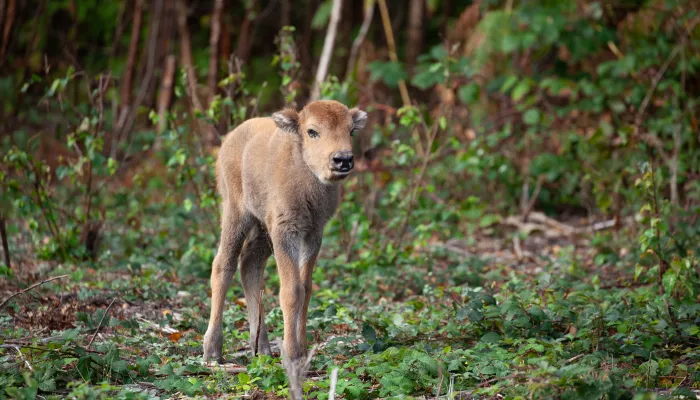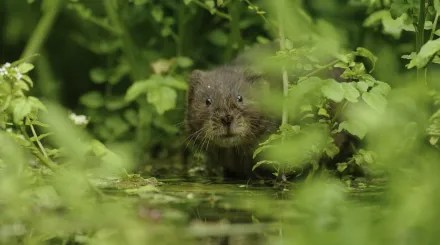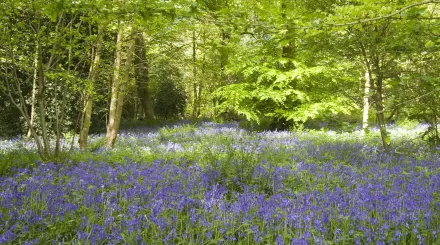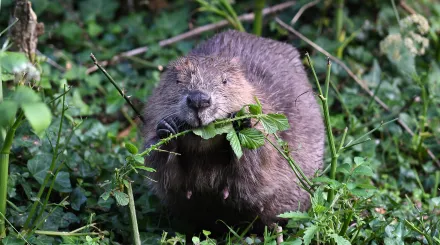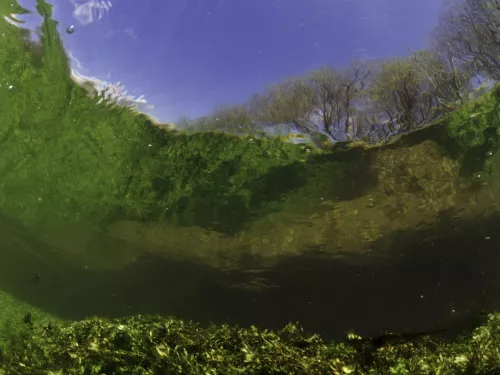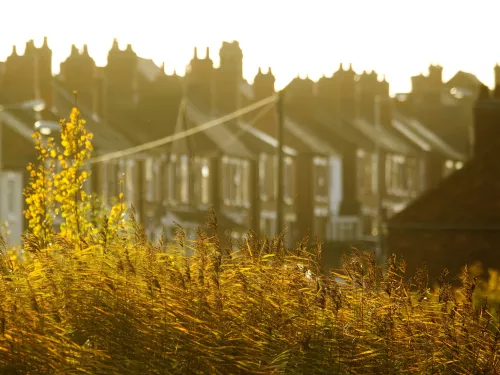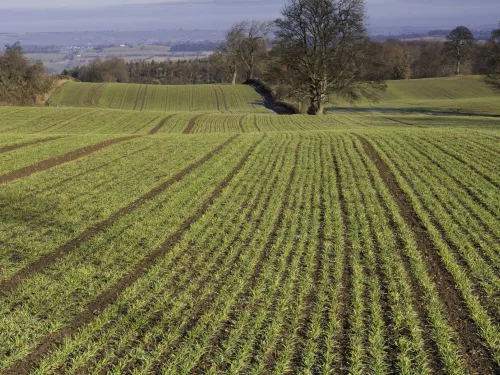
Fund wildlife-friendly farming
By supporting farmers to shift towards regenerative, nature-friendly methods, farming has huge potential to deliver a green rural renewal. With management of over 70% of UK land, farmers can be a significant part of the solution.

